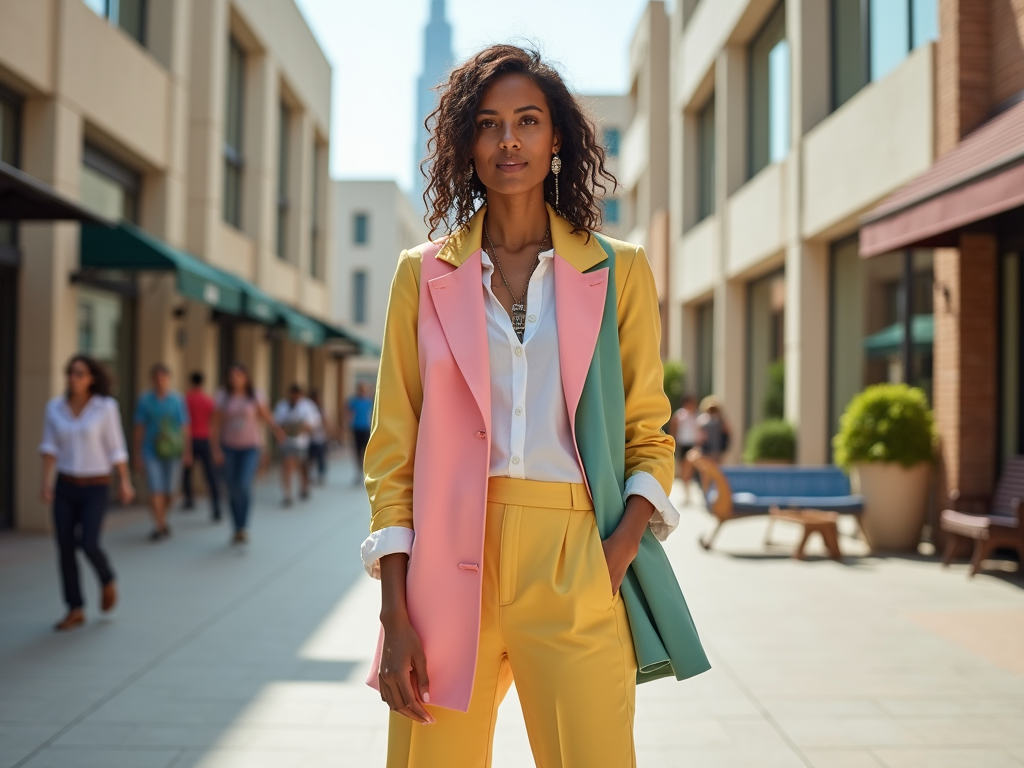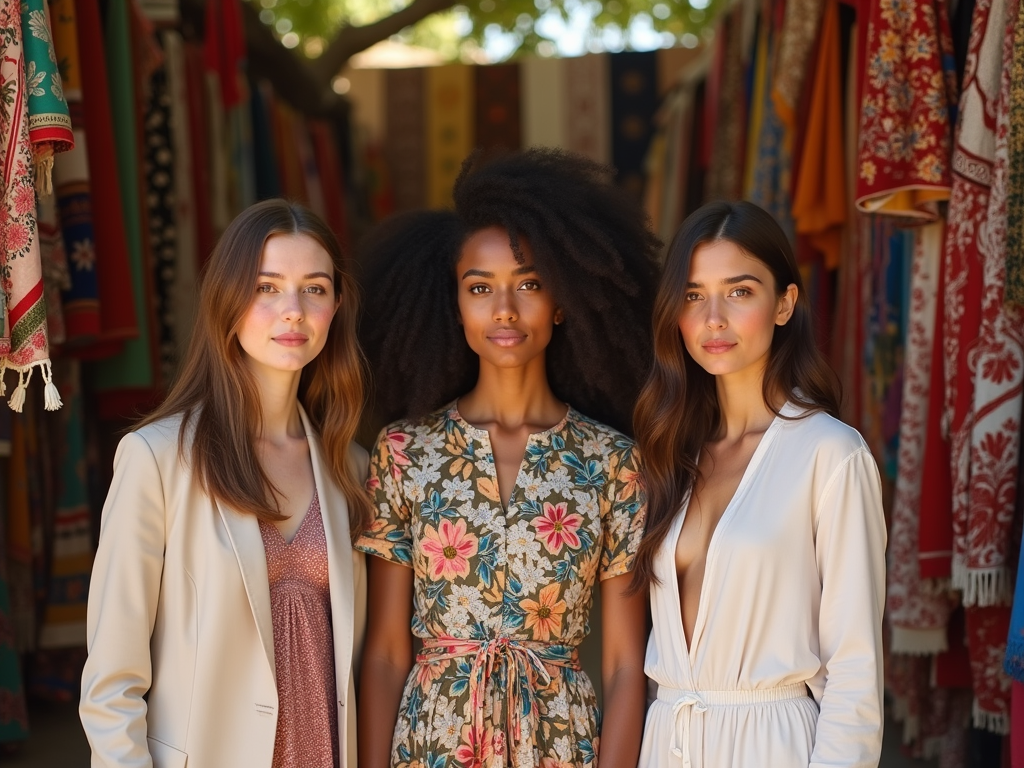The fashion industry in Dubai is witnessing a remarkable shift towards ethical and sustainable practices. As global awareness of environmental issues and social responsibility rises, consumers in this vibrant city increasingly favor brands that prioritize sustainability. This article explores the factors contributing to the growth of ethical fashion in Dubai, the challenges faced by these brands, and the promising future that lies ahead for the sustainable fashion movement in the Emirates.
Factors Driving the Shift Towards Ethical Fashion

Several key factors are propelling the growth of ethical and sustainable fashion brands in Dubai. Firstly, there is a growing consciousness amongst consumers regarding the environmental impact and social implications of their purchasing decisions. Secondly, as the UAE government implements sustainability initiatives and vision 2021, there is increased support for green businesses. Thirdly, the rise of social media platforms allows ethical brands to reach wider audiences and engage consumers more effectively than ever before. Additionally, Dubai’s diverse population, which includes many socially conscious millennials and Gen Z consumers, plays a critical role in this paradigm shift. Lastly, the COVID-19 pandemic has heightened interest in local production and small businesses, fueling a desire for more responsible shopping choices.
Local designers in Dubai are pivotal in promoting ethical and sustainable practices within the fashion community. With a passion for sustainability, many designers are embracing eco-friendly materials and ethical production methods. Notable contributions include:
- Innovative Materials: Using organic cotton, Tencel, and recycled fabrics that reduce environmental harm.
- Artisanal Techniques: Reviving traditional crafts and collaborating with local artisans to create unique pieces that tell a story.
- Transparency in Supply Chains: Committing to ethical sourcing and fair labor practices, ensuring informed consumer choices.
These local designers are not just creating fashion but also fostering a community of conscious consumers who value quality over quantity, pushing the boundaries of what fashion can stand for in Dubai.
Challenges Faced by Ethical Fashion Brands

Despite the positive momentum, ethical and sustainable fashion brands in Dubai confront several significant challenges. One of the most pressing issues is the higher cost of sustainable materials and ethical labor. This often leads to higher prices for consumers, potentially limiting the target market. Additionally, the prevailing fashion culture is heavily influenced by fast fashion giants, which complicates the acceptance of slow fashion principles. Furthermore, a lack of widespread consumer education about sustainability in the fashion industry often results in skepticism about the authenticity of brands’ ethical claims. Lastly, navigating strict regulations and high operational costs can discourage small brands from thriving amidst the larger competitors. These challenges necessitate that ethical fashion businesses remain innovative and resilient to carve out their niche.
The Future of Ethical and Sustainable Fashion in Dubai
Looking ahead, the future of ethical and sustainable fashion in Dubai appears bright, with clear indicators of continued growth and acceptance. The increasing support from the government and various institutions is setting the stage for innovation in the sustainable fashion sector. Furthermore, the emergence of fashion weeks and exhibitions centered around sustainability presents an avenue for ethical brands to showcase their collections and connect with consumers. The internet’s ever-growing influence allows global trends to seep into Dubai, creating opportunities for local brands to collaborate with international ethical labels. As more consumers prioritize ethical consumption, the demand for transparency and sustainability is likely to shape the market moving forward.
Conclusion
In conclusion, the growth of ethical and sustainable fashion brands in Dubai is a testament to the evolving consumer mindset and the collaborative efforts of local designers and institutions. As awareness continues to rise and challenges are met with innovative solutions, the ethical fashion movement is poised to flourish in this vibrant city. The journey towards a more sustainable fashion landscape will not only change the industry but also fosters a sense of responsibility among consumers and brands alike.
Frequently Asked Questions
1. What is ethical fashion?
Ethical fashion refers to clothing production that prioritizes environmentally friendly materials, fair labor practices, and sustainable manufacturing processes, focusing on both social responsibility and environmental impact.
2. Why is sustainable fashion important in Dubai?
Sustainable fashion is important in Dubai as it addresses environmental concerns, aligns with the UAE’s sustainability goals, and meets the rising consumer demand for responsible shopping options.
3. What are some examples of sustainable materials used in fashion?
Examples of sustainable materials include organic cotton, Tencel, hemp, recycled polyester, and ethically sourced wool. These materials aim to minimize environmental impact while offering quality and durability.
4. How can consumers support ethical fashion brands in Dubai?
Consumers can support ethical fashion brands by choosing to shop locally, researching brands’ practices, prioritizing sustainable products, and spreading awareness about the importance of ethical consumption.
5. What challenges do ethical fashion brands face in Dubai?
Challenges for ethical fashion brands in Dubai include high production costs, competition from fast fashion, limited consumer education on sustainability, and regulatory hurdles, which can impede growth and innovation.



